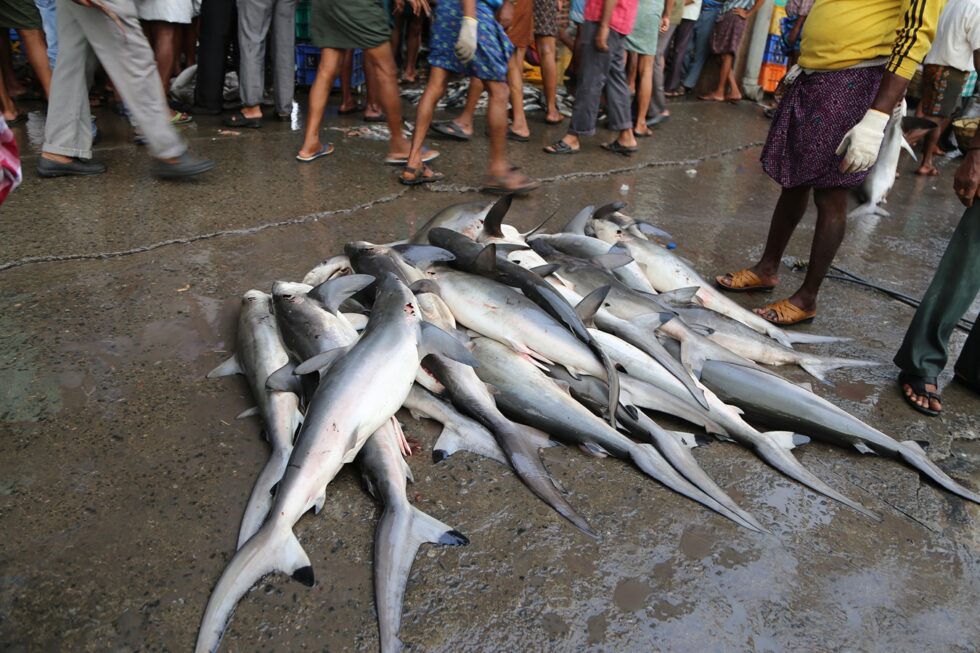
KOCHI:
India is poised to adopt the National Plan of Action for Conservation and Management of Sharks (NPOA). A consultative meeting held here on Monday gathered crucial feedback from stakeholders, including scientists, conservationists, government officials, and environmentalists, paving the way for the plan’s implementation.
The meeting was jointly organised by the Department of Fisheries, Government of India and the Bay of Bengal Programme Inter-Governmental Organisation (BOBP-IGO).
The draft of the NPOA outlines key priorities for effectively managing and conserving shark populations in Indian waters. Discussions at the meeting cantered on these critical areas, ensuring a comprehensive and actionable plan. These areas include legal framework, capacity building, data collection, scientific research, regulation of fishing, biodiversity and ecological considerations, and regional cooperation.
The proposed plan also envisages enactment of law for waters between 12 and 200 nautical miles, implementation of log book system, awareness building among fishermen, encouraging fishermen to follow gear regulations and bycatch reduction measures among many others.
“Developing NPOA is vital for the sustainability of the shark fishery,” said Neetu Kumari Prasad, Joint Secretary to the Department of Fisheries, Govt. of India “We’ve engaged extensively with fisher associations, research bodies, and NGOs to create a comprehensive plan”, she said.
The plan is expected to improve India’s understanding of its shark population and the communities dependent on it. This knowledge will equip the government with the tools to make informed decisions on shark fisheries and conservation in the country, she added.
Dr P Krishnan, Director of BOBP said that the plan aims to promote sustainable fishing practices, ensuring the long-term health of both shark populations and the fisheries sector. Additionally, it seeks to support coastal communities by facilitating the development of alternative livelihood, he said adding that more than two lakh people in India earn over 50% of their livelihood on shark fisheries.
“The NPOA plays a crucial role in regulating India’s substantial involvement in the global shark trade. This includes guaranteeing compliance with the Convention on International Trade in Endangered Species of Wild Fauna and Flora (CITES) and actively combating illegal, unreported, and unregulated (IUU) fishing activities”, he said.
Emphasising the rising number of vulnerable shark species, Dr. Kim Friedman, Senior Fishery Officer at the UN’s Food and Agriculture Organization (FAO), highlighted the critical importance of this proposed plan of action.
The meeting proposed that stakeholder awareness is crucial for taking conservation measures. Proper data collection, coordinated efforts of government mechanisms across the maritime states, habitat mapping, electronic log book system and specific action plans among others were also proposed at the meeting.
Central Marine Fisheries Research Institute (CMFRI) Director Dr A Gopalakrishnan, BOBP Senior Scientific Consultant Dr E Vivekanandan, CMFRI’s Finfish Fisheries Division Head Dr Shoba Joe Kizhakudan and Deputy Commissioner of Fisheries Sanjay Pandey presented reports.
Central and state government officials and representatives from various research institutes and non-governmental organisations attended the meeting.




